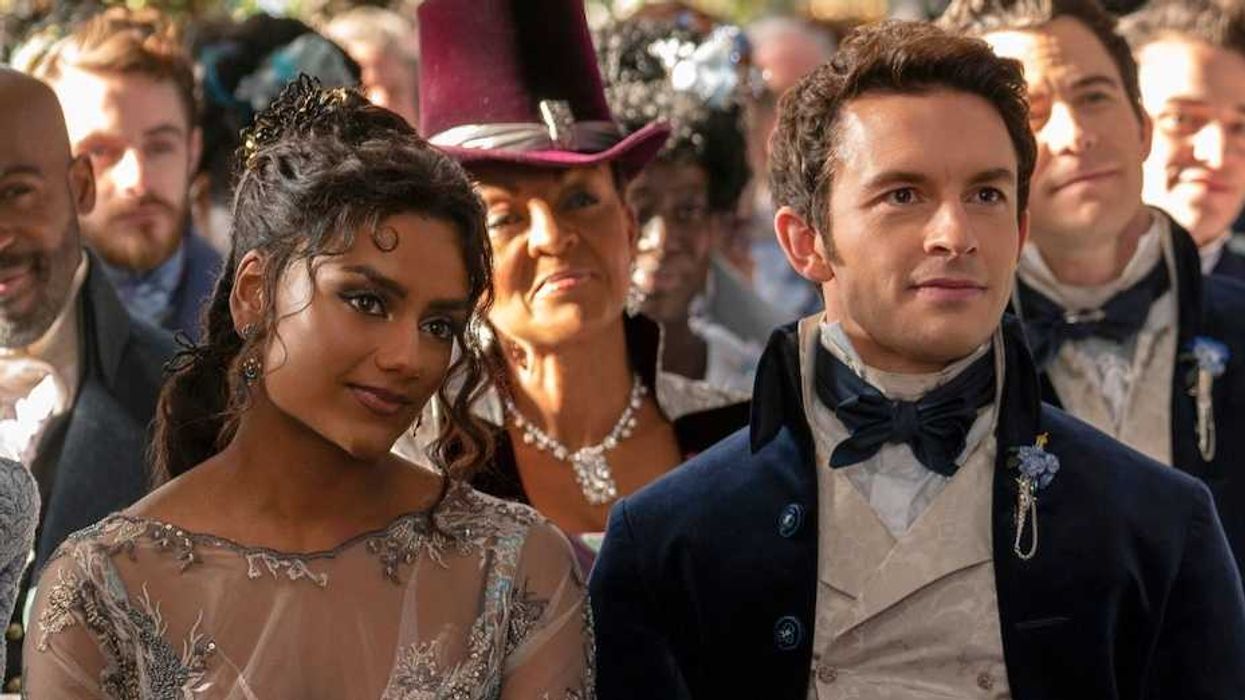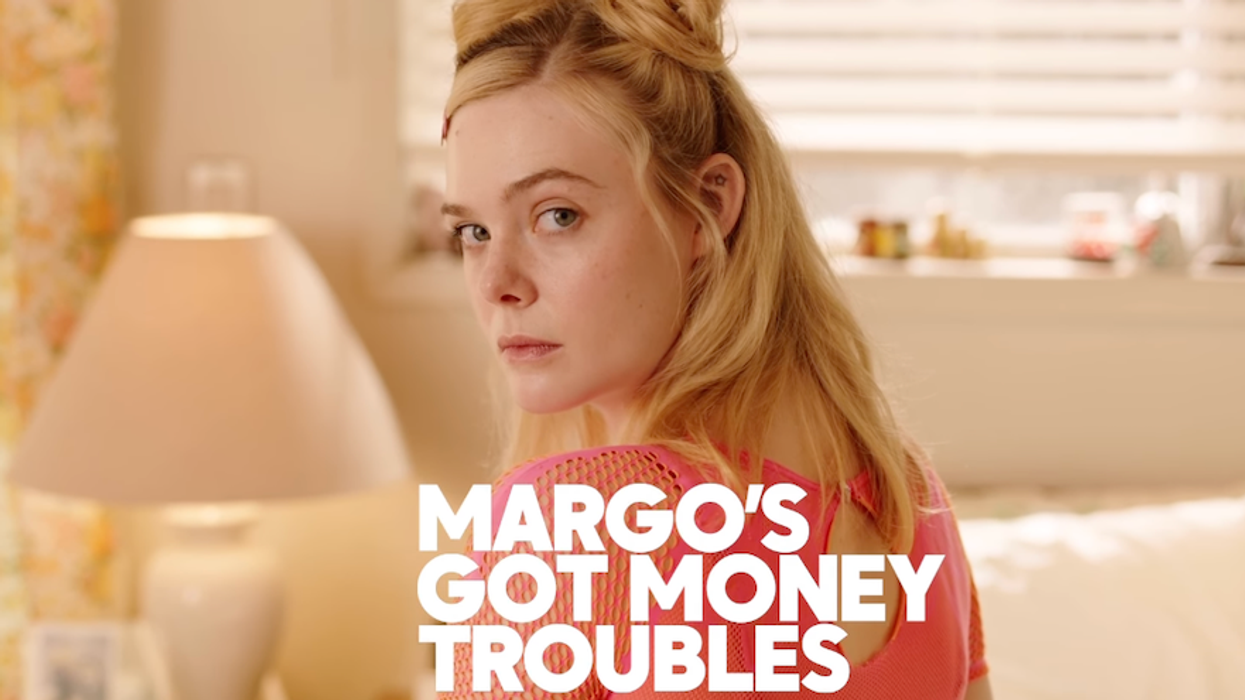Honesty really is the best policy.
5 Tips for Answering the Trickiest Job Interview Question


It’s a common interview question: “What’s your biggest weakness?” But for many of us, it can feel like coming up with an appropriate answer to this question is our biggest weakness. Navigating the line between being too forthcoming and too fake with your response is an undeniably tricky task. But by and large, employers ask this question for the same (and very valid) reason: to see if a potential candidate is self-aware. We’ve compiled a list of five expert strategies to help you successfully answer this question so you can get back to perfecting your resume and picking out a killer interview outfit.

1. Be honest. According to Josh Quinn, co-founder and CEO of clothing and accessories company Tigertree, in this scenario, dishonesty is a disservice to everyone. “If your biggest weakness is integral to the position, and the company is not given an opportunity to adequately assess it against your other strengths, it’s likely not going to end well,” Quinn cautions. He recommends telling the truth because if you’re really a perfect fit, the company will make adjustments to the position requirements and resources available to ensure your employment.
2. Reframe the question. Still stumped about what to say? Amanda Ponzar, Chief Marketing Officer for nonprofit organization Community Health Charities, suggests rewording the question to help you come up with your answer. Instead, imagine the question as “If the interviewer called your former boss and colleagues, what would they say is an opportunity for growth for you?” or “If the new company provided professional development for you, in what areas would you like more training?” Approaching the question from a new angle could spark some self-reflection — and opportunities for improvement.
3. Put a positive spin on it. Once you’ve established your interview-worthy weakness, Kat Cohen, CEO and founder of IvyWise, a company that provides tutoring and admissions counseling for students, says it will likely still need to be reworked. “Select an area you truly view as a weakness, but frame it from a growth perspective,” she states. “Instead of simply saying, ‘I am disorganized,’ address this weakness and provide context as to why it occurs, the steps you have taken to overcome it, and what you will do in your new position to compensate for it.” Putting a positive spin on a fairly standard weakness shows a heightened level of self-awareness and generally makes you appear more hirable.
4. Don’t overshare. Although honesty is encouraged, it is possible to be too honest, according to Dana Case, the director of operations at MyCorporation, which provides services for starting and running a business. “If your weakness is public speaking, for instance, it’s not necessary to detail the time you fainted during a presentation,” Case explains. “Instead, focus on sharing an example of a situation where you had to work on overcoming your weakness and the steps you took to do it.” Save the embarrassing stories for after you’re employed, and stick to discussing the weakness itself as well as the actions you’re taking to improve on it.
5. Use humor. Interviews can be tense, but Ryne Higgins, senior manager of e-commerce at high-end bedding and bath linens brand Peacock Alley, views this question as an opportunity to put your personality on display. He recommends disclosing a humorous shortcoming, like the fact that you’re a bad cook or you sunburn too easily, followed by an honest, relevant weakness. “There’s nothing wrong with demonstrating your light-hearted personality as long as it’s followed up with a thoughtful answer,” Higgins says. “Keep in mind hiring managers are looking for a cultural fit as well as a professional fit.”
How have you killed it when answering this question in the past? Tweet us @BritandCo!
(Photo via Getty)

















